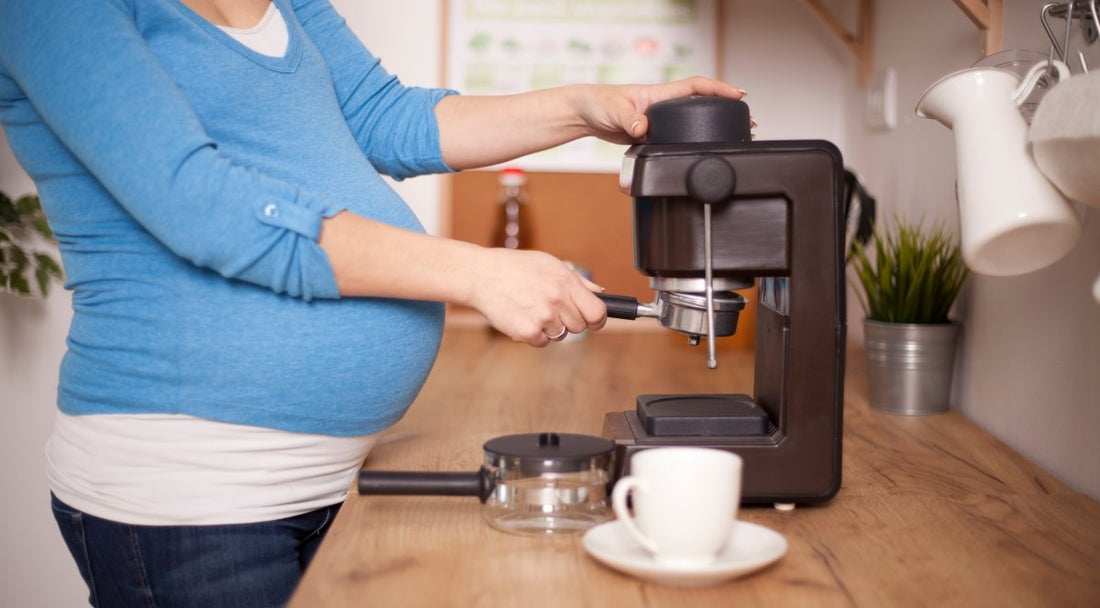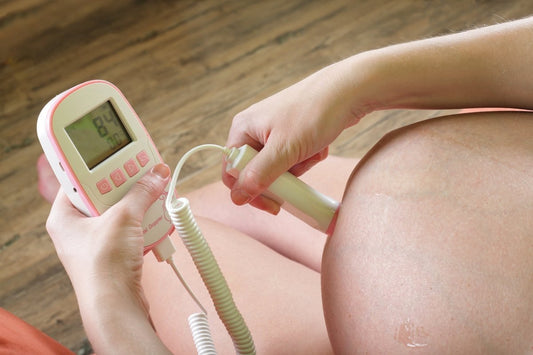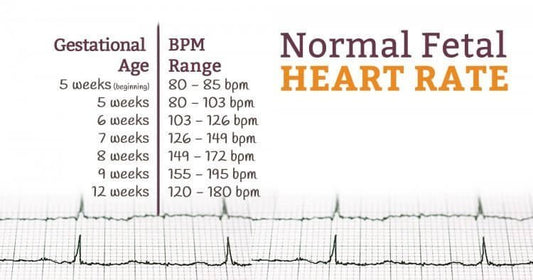
While, the idea of giving up caffeine altogether during pregnancy is almost unthinkable for a lot of women. Perhaps all the new moms heard from their OBs’ caution to drink less or no coffee during pregnancy because there is a big concern with caffeine and pregnancy is that it might lead to higher rates of miscarriage. However, recommendations of caffeine differ across countries, books and OBs within the United States. Some OBs suggest having less than 200 mg per day, some said 300mg. Some books said up to 300mg per day is fine, some suggested to go with 200mg, whereas some ruled out caffeine in any dose. You may be confused by hearing so many different voices towards caffeine. Hence, we gather these information and give you a brief overview and bottom line.
Caffeine can cross the placenta, and it’s not clear how the fetus processes it. Besides, a lot of research has shown that caffeine can inhibit fetal development by limiting blood flow to the placenta. Meanwhile, you should be aware that caffeine content varies a lot:
Starbucks brewed coffee, 8 oz - 165 mg
McDonald’s brewed coffee, 8 oz - 100mg
Starbucks latte, 16 oz - 150mg
Black tea, 8 oz - 14 ~ 61mg, depending on the strength
Green tea, 8 oz - 24 ~ 40mg, depending on the strength
Coke, 12 oz - 35mg
Mountain Dew, 12 oz - 50mg
As you can see, caffeine doesn’t exist only in coffee, but also soda, and chocolate. Therefore, it’s necessary for you to always check nutrition facts before drinking or eating.
The study of Expecting Better shows no evidence that miscarriage is associated with higher coffee consumption. Another research in Denmark found no impacts of up to 3 cups of coffee per day among 100,000 women. Nevertheless, another study shows the women who drank no coffee or drank less than 200mg a day has lower rate of miscarriage than who drunk more than 2 cups a day. For the high end of the coffee consumption group, namely drink more than 4 cups per day, a research showed that 1.9% of women in the high-caffeine group miscarried, whereas 1.2% in the low-caffeine group. A study from Sweden found an increased risk of miscarriage at high levels of caffeine consumption, which showed women who drank more than 5 cups a day were twice as likely to lose their babies than the one who drank 1 cup or less per day.
In conclusion, maybe it wasn’t the coffee that caused the miscarriage, however, a reasonable person could see the case for reducing caffeine intake. Here is the bottom line:
Coffee is fine for pregnant women
All evidence support having up to 2 cups per day
Resources:
http://www.mayoclinic.com/health/caffeine/AN01211
B.H. Bech et al., “Coffee and Fetal Death: A Cohort Study with Prospective Data,” American Journal of Epidemiology 162 (2005): 983-90
X. Weng, R. Odouli, and D. Li, “Maternal Caffeine Consumption During Pregnancy and the Risk of Miscarriage: A prespective Cohort Study,” American Journal of Obstetrics and Gynecology 198: 279
S. Cnattingius et al., “Caffeine Intake and the Risk of First-Trimester Spontaneous Abortion,” New England Journal of Medicine 343, NO. 25(December 2000): 1839-45
Murkoff, H. and Mazel, S. What to Expect When You’re Expecting. 5th ed. NY: Workman Publishing, 2016: 63




